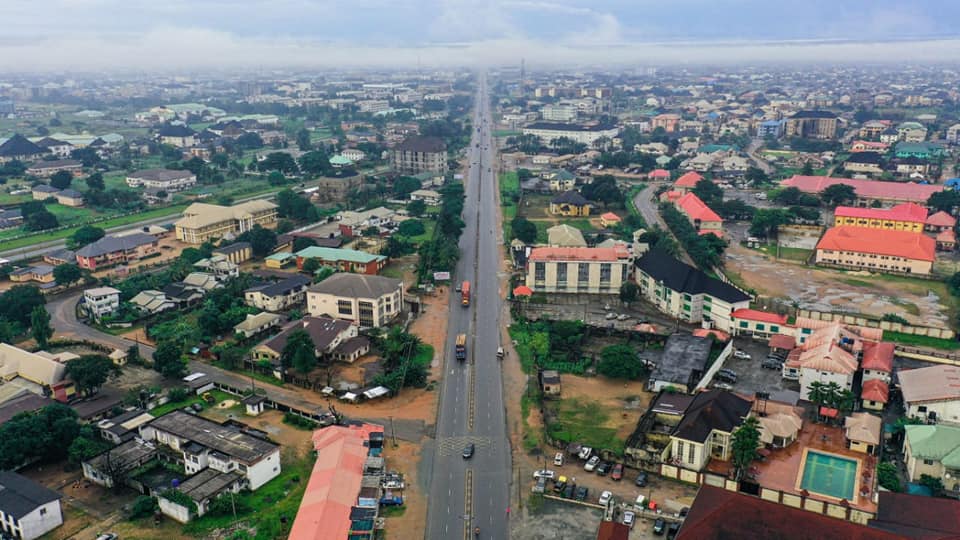When two soccer teams compete, they anticipate having a referee whom both sides trust to be impartial and unbiased. This impartiality is visually represented by the referee donning a distinct uniform on the field and having no prior connection to either of the teams.
Following this reasoning, I propose that former Nigerian President Olusegun Obasanjo lead a governing body endorsed by the United Nations and Gulf countries before transferring authority back to the Palestinians. This suggestion stems from his neutrality on this conflict, extensive experience in conflict resolution, and leadership skills.
The Israeli-Palestinian conflict possesses a lengthy history; within this extensive timeline, various significant events are marked by tragic occurrences, for instance, the wars of 1948 and 1967. Since the Six-Day War in 1967, Israel has maintained its occupation of the West Bank and Gaza Strip, collectively referred to as the Palestinian territories.
Two Palestinian uprisings against Israel’s occupation erupted in 1987 and 2000, known respectively as the first and second intifadas. Since 2006, multiple confrontations have occurred between Hamas and Israel. The assaults by Hamas-led armed factions in October 2023, followed by Israel’s repercussions, were perceived by a majority of the global South and UN agencies as acts of genocide, resulting from what was seen as a disproportionate response to the October 2023 attacks.
Due to increasing international pressure on Israel regarding the invasion of Gaza, US President Donald Trump has stated that a deal between Hamas and Israel is imminent, accompanied by a 21-point plan aimed at concluding the Gaza invasion and the Israeli-Palestinian conflict.
However, the BBC reported on September 26, 2025, that Tony Blair was in talks to lead the transitional authority in Gaza. It is crucial to note that Sir Tony was responsible for leading the UK into the Iraq War in 2003 together with the United States, based on the assertion that Iraq, under Saddam Hussein, possessed weapons of mass destruction, a claim that ultimately proved to be a strategic blunder for both nations.
This decision fostered significant resentment among nearly all Arab nations, including Palestine. Furthermore, the global landscape has shifted from a unipolar to a multipolar framework, where multiple global powers exist, allowing smaller and medium power nations to align with them.
This multipolarity has generated strong opposition to colonialism, neocolonialism, and imperialism, as many in the Global South believe that Tony Blair may symbolise these issues by leading the governing authority backed by the UN and Gulf countries, before eventually returning control to the Palestinians or the Gaza International Transitional Authority (GITA).
A better option, Olusegun Obasanjo, was the Chairperson of the African Union from 2004 to 2006. He was a contender for the position of United Nations Secretary-General in 1991. In 2008, he worked with the UN as a Special Envoy for the Great Lakes Region and participated as a member of a High-level Advisory Board. As a former army general, he was the head of state for Nigeria from 1976 to 1979 and chose to return power to a democratic government at a time when military rule was prevalent in Africa.
He later held office as a democratically elected president from 1999 to 2007. Notably ideological and philosophical, he was affiliated with one of Nigeria’s major political parties from 1998 until 2015, and since 2018, he has overseen elections in countries across the African continent. He has chosen to remain a global elder statesman, highly respected across Africa and beyond.
Obasanjo faced domestic backlash for considering withdrawal from the Bakassi Peninsula, with critics questioning the fate of the substantial Nigerian population residing there and pointing to the deep-rooted cultural connections between the peninsula and Nigeria. Despite this, Obasanjo ultimately adhered to the 2006 ruling that led Nigeria to give up its claim to the peninsula and remove its military presence.
Some may assert that South Africa is the most developed nation in Africa and that this article could have proposed one of South Africa’s leading figures, yet the South Africa vs Israel case in the International Court of Justice might compromise the principle of neutrality mentioned earlier.
In light of a divided world, an African leader is the most suitable candidate to govern Gaza before returning authority to the Palestinians. A leader like Olusegun Obasanjo would foster a sense of neutrality, dismantle perceptions of colonialism, neocolonialism, and imperialism, and his stewardship would pave the way for enduring peace and security between Palestine and Israel, as well as throughout the Middle East.
Oseni, a former U.S. Police officer and U.S. Army veteran, writes via [email protected].






